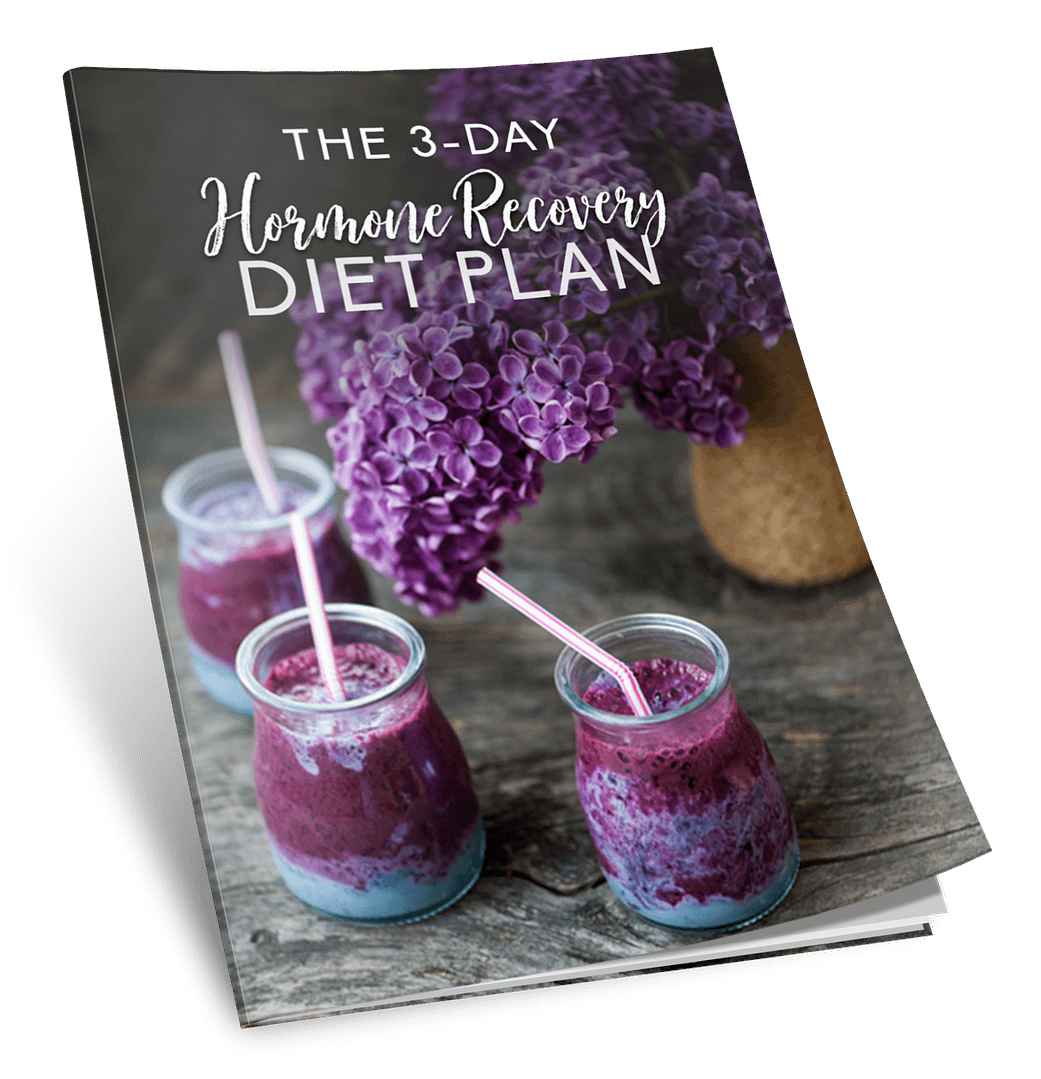Women Over 40: What You Need to Know About Perimenopause Symptoms
WOMEN OVER 40: It’s Time To Pay Attention To Your Body!
Hormones.
A topic many women in their 40’s are not exactly prepared or thrilled to think about.
I get it.
Life zooms along while you focus on your family, your career, your children, your friendships and your never-ending to-do lists. At some point you come up for a breath of air and look around to find yourself over age 40 and you realize you just don’t feel ‘right’.
Things seem ‘off’.
You are not quite yourself.
Your body is not acting the way it used to.
What is going on here???
I know I ignored the importance of hormones to my overall wellness for at least 2 years too many. I kept telling myself that I was too young to have to worry about hormones. So I would scroll by any mention of hormone imbalances or menopause as quickly as I could!
Yes. I was in denial.
Big time.
It wasn’t until I had gained 15 pounds in 6 months and noticed that my period was coming every 21 days instead of it’s usually consistent 28 days that I began to put the pieces together.
It was definitely my wake-up call!
I started to regret ignoring all the information I had refused to pay attention to before! If I had learned more about this transitional time of life prior to my symptoms getting out of control, maybe I could have avoided a lot of overwhelm and unnecessary discomfort.
But we live and learn, right?
So I am hopeful that by sharing knowledge about this tranisitional phase for women that you, dear reader, feel empowered to learn as much as you can about perimenopause. With more understanding you can find the best tools and strategies for you to move through this transition smoothly and with grace and joy. ![]()

WHAT IS PERIMENOPAUSE?
According to the Mayo Clinic:
Perimenopause means “around menopause” and refers to the time during which your body makes the natural transition to menopause, marking the end of menstruation and your reproductive years.
This transitional phase is defined by a slow decline in the function of the ovaries. Levels of the hormones estrogen and progesterone fluctuate and drop off during this time. Eventually only small amounts of estrogen are produced by the ovaries while progesterone can be immeasurable. Surprisingly, these changes can begin up to ten years before officially entering menopause, depending on the individual!!!
Menopause formally begins after one entire year without a period. The rather dramatic shift in the hormones progesterone and estrogen that occurs during perimenopause can lead to a variety of uncomfortable and frustrating symptoms.
COMMON SYMPTOMS OF PERIMENOPAUSE
- Cravings, especially for sugar
- Stubborn weight gain despite no change to fitness or eating routine
- Memory problems/ brain fogginess
- Fatigue
- Dry skin, hair and eyes
- Feeling overly emotional
- Feeling tired or unmotivated
- Hair loss
- Heavy periods
- Worsening of PMS symptoms
- Irregular periods
- Low thyroid function
- Mood changes
- Trouble sleeping/ insomnia/ sleep disturbances
- Hot flashes and night sweats (also known as vasomotor symptoms)
- Vaginal dryness
- Breast tenderness
- Heart palpitations
- Low sex drive
- Feelings of anxiety or depression
- Bladder problems/incontinence
Keep in mind that these symptoms might not be due to the decrease of the sex hormones alone. Estrogen and progesterone require a delicate balance for optimal well-being and functioning. Perimenopause can easily become a time of hormone imbalance, where estrogen levels are too high in relation to progesterone. This imbalance is believed to contribute to many symptoms.
Also important is that the annoying and disrupting symptoms can vary significantly from one woman to another. Some women may not experience any symptoms at all! It is also not unusual for one womans’ symptoms to change dramatically from month to month.
One month you may have a fairly normal period. The next month your estrogen might surge, preventing ovulation and causing you to miss a cycle. The following month you might notice an abnormally heavy and shortened cycle. What used to be a predictable and regular rhythm becomes quite erratic.
WHEN DO PERIMENOPAUSE SYMPTOMS START?
Typically, women begin perimenopause in their 40’s, but some women may start noticing symptoms in their late-thirties. However, factors such as genetics, smoking, autoimmunity, thyroid disease, and specific medical treatments can cause this transition to begin even earlier.
According to the North American Menopause Society, the average age for menopause is 51. Perimenopause symptoms are usually experienced for 3-4 years before officially hitting menopause. As mentioned earlier, some women can have symptoms for 8-10 years, while for others, this transition phase only lasts a few months.
It is also important to take note that although hormone levels are fluctuating, ovulation can still occur during perimenopause – which means it is still possible to become pregnant.
DO YOU HAVE PERIMENOPUASE SYMPTOMS OR SIGNS OF HORMONE IMBALANCE?
You have taken an important first step in improving your wellness by educating yourself about the perimenopausal transition phase!
No more avoidance and denial!
If you are reading this, you probably recognize that something in your body is ‘off’.
Remember that this is the first signal your body sends to you that it is out of balance and in need of your attention. With this awareness you are empowered to make changes to support your body to balance your hormones so that you experience fewer and less dramatic symptoms.
Taking action sooner rather than later stops the symptoms from multiplying or getting workse.
What can you do to make perimenopause and the years beyond your best?
- Focus on quality nutrition (check out this post about clean eating)
- Make it a priority to actively manage your stress levels
- Limit exposure to toxins
- Incorporate lifestyle changes to support healthy hormones including exercise and high-quality sleep.
I am looking forward to sharing more info on these four topics in future blogs… so stay tuned!
And keep listening to your miraculous body! It needs your support now more than ever.



